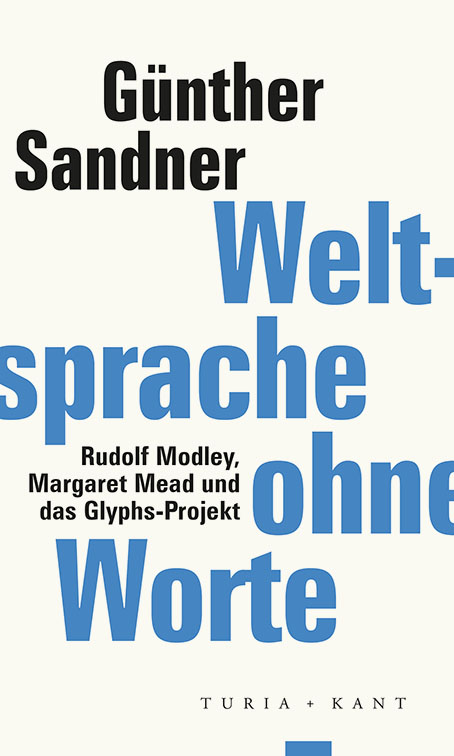Otto Neurath’s democratic planning theory in the context of the climate crisis
International Conference: 12–14 June 2023 · Vienna
Organized by Elisabeth Nemeth and Günther Sandner
Only a few years ago it was hardly imaginable that demands for planned economy measures would be raised and publicly discussed again. Now the time has come. Ulrike Herrmann’s book Das Ende des Kapitalismus. Warum Wachstum und Klimaschutz nicht vereinbar sind – und wie wir in Zukunft leben werden (2022) is a bestseller. Her central thesis is discussed in numerous public media: The transition from growth-dependent capitalism to a social and ecological circular economy will only be possible through a ‘private planned economy’.
What she understands by this has striking similarities with the ideas of economic planning that Otto Neurath conceived even before the First World War and continued to develop until the end of his life in 1945. An important point of reference for Neurath was Josef Popper-Lynkeus. The latter justified the demand for overall social planning with a radically individualistic ethic. Seen from today, this combination is surprising and inspiring – not least because Popper-Lynkeus and Neurath were among the first to introduce ecological viewpoints into economics.
A highlight of the conference will be the screening of the film Land of Promise (UK 1946). The film was conceived by Neurath as a ‘film argument’ and directed by Paul Rotha. It argues for combating the housing shortage in post-war England with an extensively planned housing programme. The arguments put forward in the film bear a remarkable resemblance to the arguments Ulrike Herrmann puts forward today for a ‘private planned economy’ as a transition to a circular economy.


